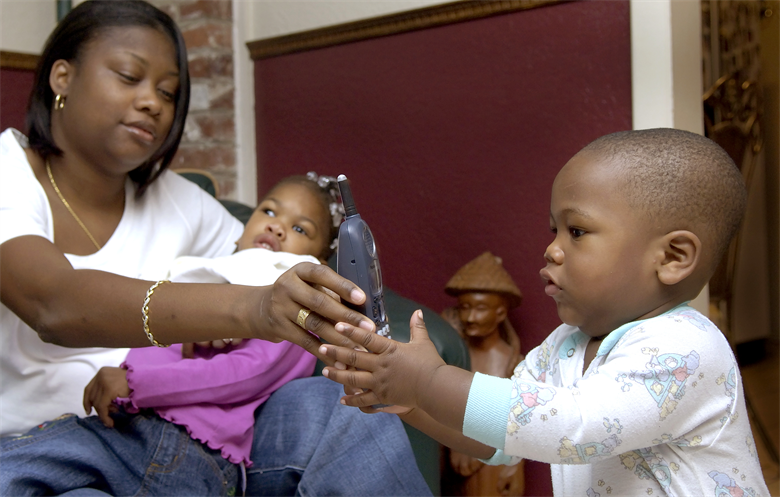For the past year, iHub Research has been conducting a study on the impact of ICTs on governance in Kenya, Uganda and Tanzania. Specifically, we set out to assess how ICTs are facilitating interaction between governments and citizens in the areas of civic participation (transparency and accountability), access to information, monitoring government service delivery (health, water) and tracking corruption.
We set out to interact with government institutions, civil society organizations and citizens alike. In Kenya, we conducted the study in Nairobi and Nakuru. In Uganda, we visited Kampala, Apac and Lira. In Tanzania, Dar es Salaam and Mwanza.
For Preliminary findings from all locations, click HERE.
Key findings of particular interest from the three countries are:
- Radios are the most common and trusted ICT tools used in many rural areas; many success stories were reported among the organizations that substitute passing information to the citizens through community based radio stations
- Service delivery tools are the most widely known and used by citizens in urban areas; this is due to reduction of queueing to get public services as well as reduced red-tape for citizens. Most service delivery ICT tools found were integrated with mobile payment services for utilities.
- ICT tools for Governance are not always designed based on the needs of citizens. This is illustrated by the fact that most of the tools that were discovered are not well known and are only visited by those who know of them when they have the need to.
We have also found interesting (de)motivations among the various stakeholders to using ICT tools. Even more interesting questions are emerging. Do developers/governments/NGOs involve citizens in designing applications and tools for the aforementioned purposes? Is there a need for apps, hackathons and other attempts at increasing the number of such tools to address governance? We therefore invite you to a conversationbased on our findings, conclusions and recommendations, as well as insights and experiences from citizens, civil society and non-government organizations, as well as government. Given that East Africa is lauded as a region with great promise in ICT across various sectors in society, we hope that this work, and such discussions can help us all get a better sense of what’s (not) working. This conversation will take place at the iHub, on Thursday 27th November, from 5pm.
